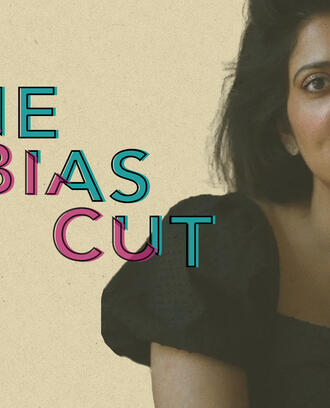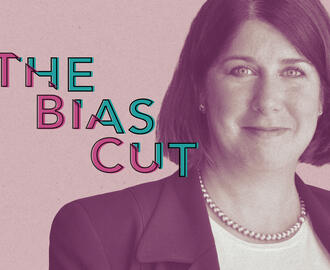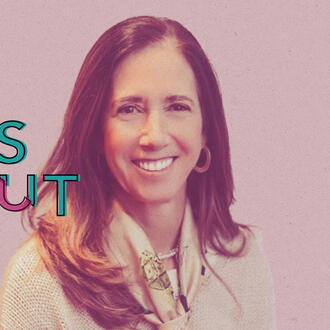Credit: Laura Wentzel
This former Nutrisystem CEO wants to use AI to democratize talent
By
A 2022 women’s leadership study from LeanIn.org and McKinsey & Co. found that American women held 40% of corporate management positions, and women continue to fight underrepresentation when it comes to board positions and CEO roles. They also face gender bias, harassment, and opposition to their management styles.
Here’s how one MIT Sloan alumna has pushed back on those statistics and used what she’s learned along the way to help those behind her.
Dawn Zier, SM ’90, board chair for Hain Celestial Group, a global company that focuses on natural foods and plant-based personal care products; board committee chair for Spirit Airlines and Prestige Consumer Healthcare; and former president and CEO of Nutrisystem.
Given what you know now, what would you tell your younger self about being a woman in your industry?
Be a hand-raiser and don’t overthink things. When an opportunity is presented, women often reflect too hard and too long on whether they’re qualified. We tend to grade ourselves harder than men grade themselves. We don’t give ourselves enough credit for our strengths, and we worry that we might not be good enough in areas where we need to learn. Men tend to have an “I’ll learn it as I go” mentality and rarely let self-doubt creep into the equation. By the time we finish our self-assessment and are ready to raise our hand, the opportunity may be gone.
Can you give an example of a time you’ve experienced or witnessed gender bias? How did it affect you professionally? What impact did it have on your job?
Have you ever tried to make a point that doesn’t get traction, only to have it repeated by a male colleague and see heads nod in agreement? Men and women have different communication styles, and the language of business is overwhelmingly male-oriented. I coach women to be crisp in their communication and to articulate clear points. Less is more! I also tell other women around the table, if a thought is hijacked, to redirect credit to the one who first articulated it.
What is the most difficult lesson you’ve learned in your professional life? In what unexpected ways did you grow from it?
Your career is not always a straight line. Sometimes you’re asked to do roles you’d prefer not to. Earlier in my career, I was successfully running a sizable business unit. Out of the blue, my CEO moved me to a matrixed role that I really didn’t want. He said to be successful, I would need to learn the power of influence without direct authority. I wasn’t happy about the change, but fast-forward — he was right. I credit a lot of my success as a CEO and as a board member to that experience.
What’s one specific way you tend to your well-being, and how do you encourage well-being among your staff?
I have experienced healthy cultures and toxic cultures throughout my career. One inspires you to be your best self, and the other can devastate you. As a CEO, I was very deliberate about setting the culture and tone at the top and having zero tolerance for harassment. This ensured my well-being along with my team’s well-being. While it is not easy to stand up to bullying or harassment, it is important that those who are strong take a stand for those who, for one reason or another, cannot stand up for themselves.
What’s one skill or behavior women can adopt to make their career path more successful and more manageable?
It’s more of a mindset: Others don’t control your career — you do. When you fail to realize that and don’t take accountability for outcomes, you can get stuck. Be brave, take some risks, own your career, and don’t be afraid to pivot.
If you could snap your fingers and change one thing about workplaces, societal norms, or public policies that would most benefit women in the workforce, what would it be?
I would change the outsize impact that networking has on career opportunities. It stacks the odds against women. It’s important, for sure, and I do allocate time to it. But it considerably under-leverages the total pool of available talent, as it focuses on personal relationships and exposure, which can reinforce unconscious bias and predictable behaviors.
I am optimistic that as we utilize AI to move more to the cataloguing of talent based on skills, aptitude, and outcomes, it will equalize how talent is looked at within an organization and provide more opportunities across the workforce for those who are less known and not in the spotlight.



